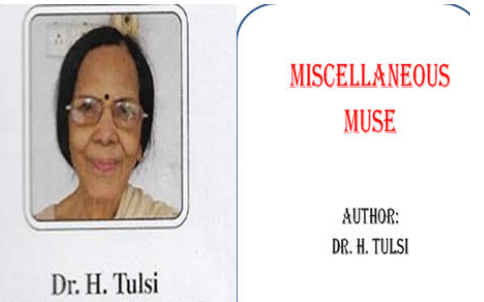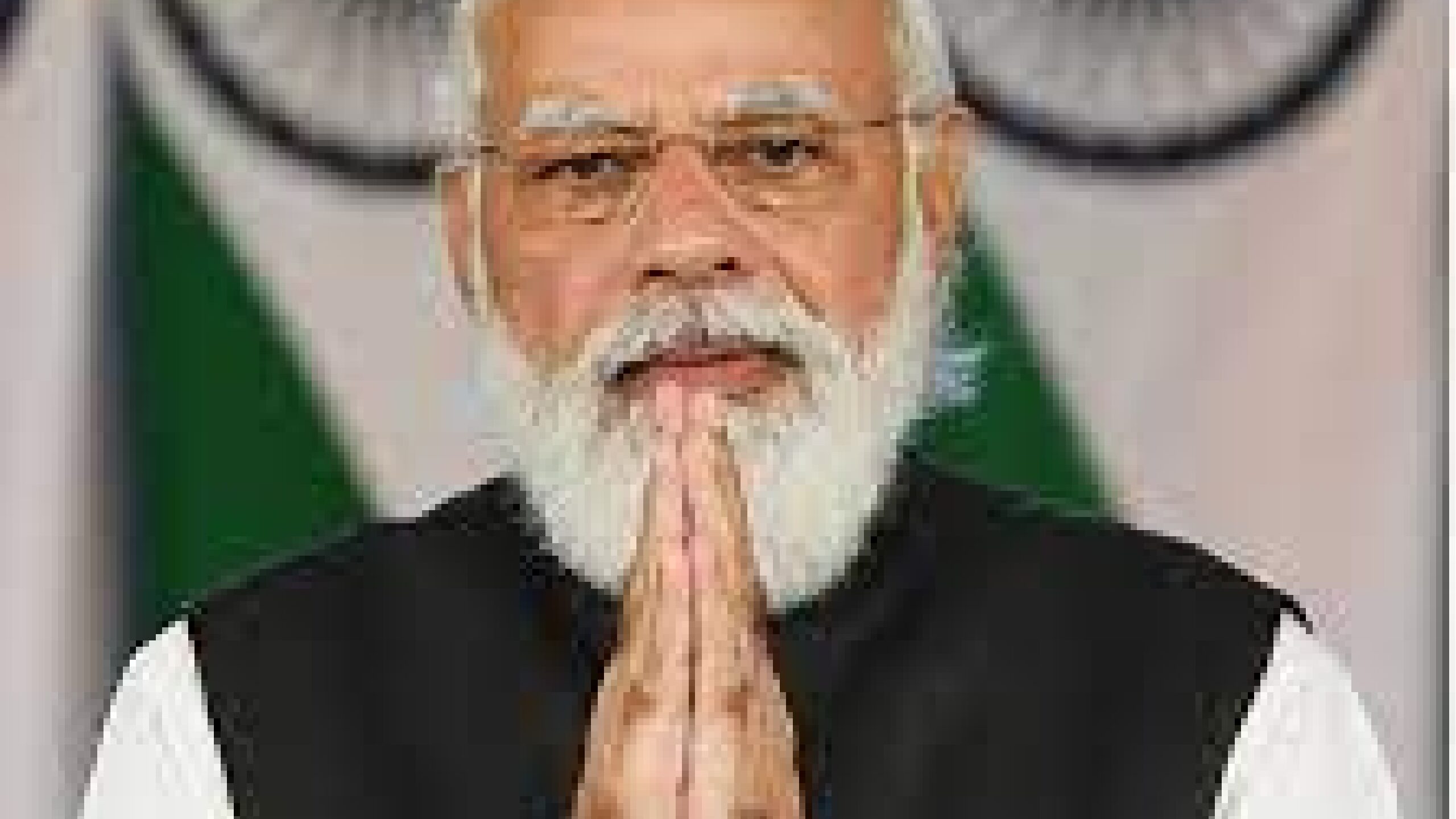Dr H Tulsi (Dr Tulsi Hanumanthu) is a poet, editor, publisher and her poems are published in many international magazines. Her work is translated into many Indian and foreign languages. Her ‘Metverse Muse’, a premier literary magazine, recently had its Silver jubilee Edition with 750 poems from across the world. Here is a poem “All That Glitters Need Not Be Gold” which has a message for all. There is a beautiful description of dawn at the outset. The Sun was sleeping ‘with mosquito-nets of gossamer mist’. Sleep was a ‘captive’ in his eyes. Sky is said to be the wife of Sun who glows with his arrival. The sun is robed in ‘silver bright’. Dusk too is described in the same passionate way. Sky prepares her baby in ‘brightly dyed attire’ to meet the father without realizing that the Sun has his own flaws. He, under the cover of darkness, goes into Ocean’s arms. In spite of glitter and shine he is unfaithful, says the poet. This is surely a different way of looking at the Sun. Her diction and metrical mastery in the poem is worth mentioning.
Also read: Satyanand Sarangi
Also read: Mahati
Also read:Annapurna Sarma
Evolving with time
We have briefly discussed thirteen Indian English poets. Poetry has been evolving with time and changes in human way of thinking. It kept itself alive to every situation in life and poets tried to voice all the beauties and complexities of modern life in their own ways. One significant deviation from poetry of 16th to 19th century is using images, symbols and expressions that are hard to crack for some of the readers. But they are a necessity to express the difference in life styles and ways of thinking of the hitherto unknown modern world.
Also read: Reshma Ramesh
Also read: Tishani Doshi
Also read: Arundhati Subramaniam
Poetic diction too underwent a drastic change and readability has become more important though ‘proper words at proper places’ is the norm for any good writing. People prefer lucid, simple and direct expressions over bombastic, ornate and flowery style of language. Another point of significance is that many poets moved away from the chains of metrical verse. The so called free verse is also chained in a slender way and that too may disappear in future giving primacy to thought and the way it is expressed free of any binding factors.
Also read: Jeet Thayil
Also read: Shiv Kumar
Also read: Keiki Daruwala
Also read: Jayant Mahapatra
Poetry is a beautiful boon that ennobles life. In the contemporary world which believes that time is money, more than other media, poems and cartoons are the tools to share ideas, joys and beauty to enliven our lives. Let us hope that there will be more and more of these to fill our lives and the world we live in with happiness.
Also read: Nissim Ezekiel
Also read: A. K. Ramanujan
(The end)





Dr. Tulsi Hanumanthu is my guru. During her early days she worked in the Lok Sabha as a Recorder of speeches. She was in regular touch with the then P.M. Smt. Indira Gandhi and many other M.Ps and legendary leaders of those days.
Earlier I guess she was selected by APPSC and got a job in Andhra Pradesh state govt. where she worked for some time.
I don’t know exactly when … but she started a Renaissance group and started a movement to rejuvenate the much neglected Classical Poetry of yester years. She composed poems in all most all poetic forms like sonnet, villanelle, rondeau, ghazal, etc. She named them as FIXED FORM POETRY and started inspiring hundreds of poets from all over the world. There are more than 20 books to her credit and hundreds of poems. She and Mr. Bernard Jackson of UK together wrote books on prosody and also encouraged many like me to switch to metrical verse. I met her twice.
Her book MUSE CLAD IN COSTUMES is a very very standard book for those who aspire to learn prosody and fixed form poetry.